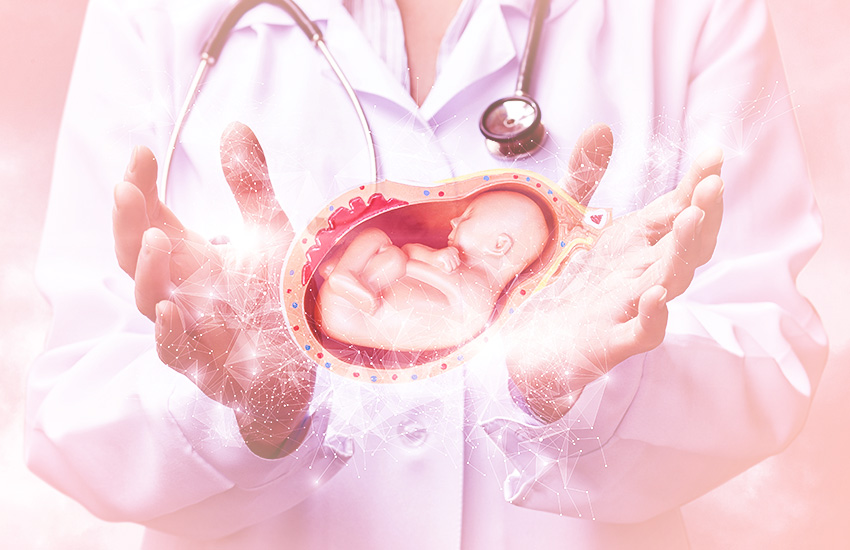In vitro fertilization (IVF) has revolutionized reproductive medicine, offering hope to countless individuals and couples facing infertility. IVF involves fertilizing an egg outside the body in a laboratory and has brought joy to many by making parenthood possible. However, like any medical treatment, IVF has both advantages and potential drawbacks. This guide will help you understand the pros and cons of IVF, enabling you to make an informed decision.
What is IVF?
IVF is a type of assisted reproductive technology (ART) that combines a woman’s egg and a man’s sperm in a laboratory dish. After fertilization, the resulting embryo is transferred to the woman’s uterus, where it can implant and develop into a pregnancy. The procedure is complex, often requiring multiple cycles and the expertise of skilled fertility specialists.
Advantages of IVF Treatment
1. Higher Success Rates for Certain Infertility Issues:
IVF is one of the most effective fertility treatments, especially for those with blocked fallopian tubes, endometriosis, or male-factor infertility. For women under 35, the pregnancy success rate per cycle can range from 40% to 50%.
2. Control Over Timing and Family Planning:
IVF provides individuals and couples greater control over when they start a family. This flexibility is vital for balancing career, personal goals, or health considerations with family planning.
3. Embryo Preservation:
IVF allows for freezing and storing embryos for future use. This option is particularly beneficial for women undergoing treatments like chemotherapy that may impact fertility.
4. Use of Donor Eggs or Sperm:
For those with severe infertility challenges, IVF enables the use of donor eggs or sperm, significantly increasing the likelihood of conception when other methods fail.
5. Genetic Screening:
IVF offers the option of preimplantation genetic testing (PGT), which can identify genetic disorders in embryos before implantation. This helps reduce the risk of passing on certain genetic conditions.
IVF Success Rate: What to Expect
The success of IVF depends on various factors, including age, infertility causes, and embryo quality. Consider the following points:
- Women under 35 have success rates of approximately 50% per cycle.
- Success rates decrease with age, particularly for women over 45.
- Multiple cycles may be necessary to achieve a successful pregnancy.
Disadvantages of IVF Treatment
1. Emotional and Physical Stress:
IVF can be physically and emotionally demanding. The uncertainty of outcomes and the possibility of repeated cycles can lead to anxiety and depression, highlighting the importance of a strong support system.
2. High Cost:
IVF is expensive, and costs increase with multiple treatment cycles. For many, the financial aspect can be a significant concern.
3. Risk of Multiple Pregnancies:
Transferring multiple embryos can lead to multiple pregnancies, increasing the risk of complications such as preterm birth and low birth weight.
4. Side Effects and Health Risks:
Potential risks include ovarian hyperstimulation syndrome (OHSS), ectopic pregnancies, and side effects from hormonal injections, such as rapid weight gain.
5. No Guarantee of Success:
Despite advancements in reproductive technology, there is no guarantee that IVF will result in a successful pregnancy. Each cycle carries its own uncertainties.
Conclusion
IVF has transformed fertility treatments, offering solutions and hope where other methods have failed. While it provides benefits like genetic screening, embryo preservation, and higher success rates for specific issues, it also involves emotional, physical, and financial challenges.
If you’re considering IVF, consult a fertility specialist to discuss the risks, benefits, and success rates specific to your situation. This will help you make an informed decision and chart the best path toward parenthood.

